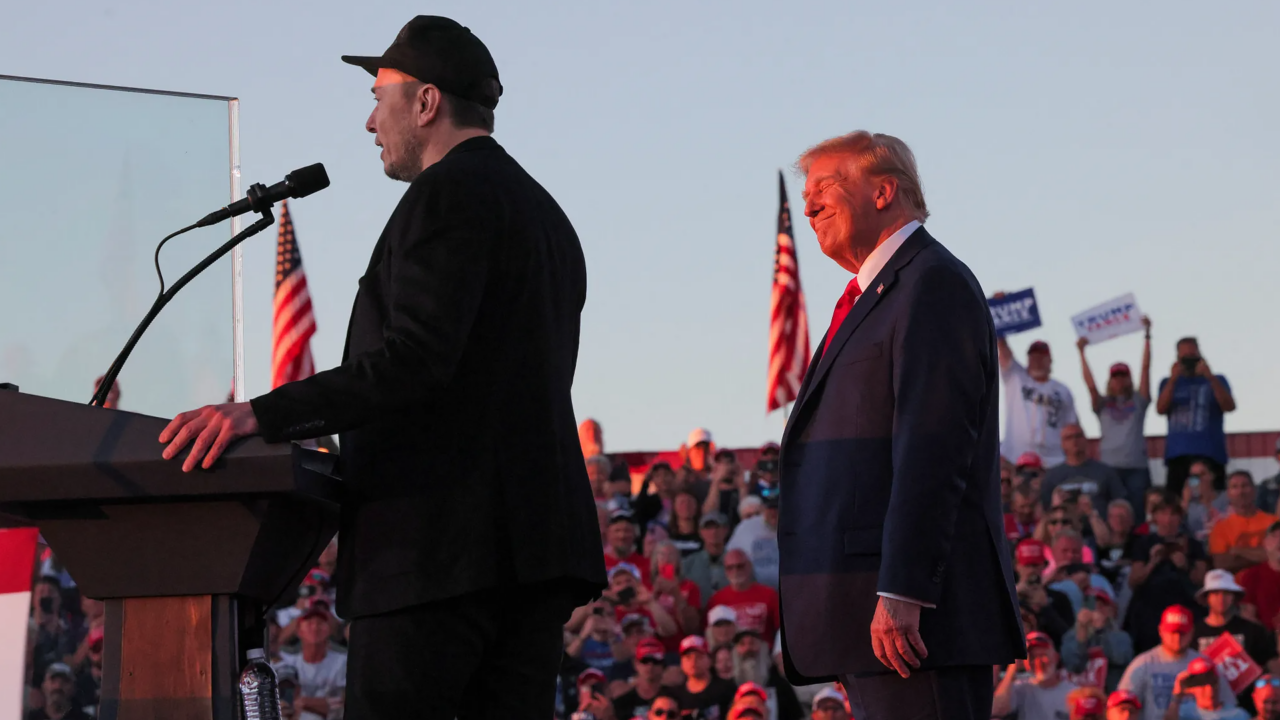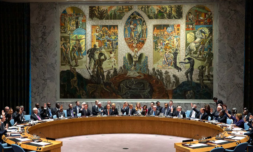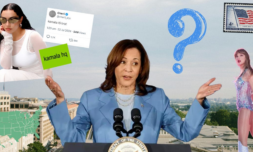The tech billionaire has planted himself at the center of Donald Trump’s presidential campaign, and not without controversy.
With the 2024 presidential election just weeks away, Elon Musk has established himself as a key supporter of Republican nominee Donald Trump. From a rambling conversation between the two, streamed on Musk’s platform X, to an appearance at Trump’s rally in Butler, Pennsylvania, the billionaire is on a mission to secure democratic votes in key swing states.
Musk’s latest effort in this vein has been to offer cash incentives to voters, asking them to sign a petition in favour of ‘free speech and the right to bear arms’.
The initiative has been set up by Musk’s political group American PAC, which supports Trump’s presidential campaign. For each voter who signs the petition, Musk has promised one lucky individual the chance to win $1 million dollars – and he’s rolling it out every day between now and the election.
But is this generous act of civic engagement…legal?
It’s certainly murky. Offering money to encourage voter engagement sounds like an innovative way to fight voter apathy. But when you zoom in on the specifics, the line between engagement and bribery becomes dangerously blurred.
America PAC’s offer targets swing-state voters – a strategic choice in itself. These states are pivotal in deciding elections, making the potential influence of Musk’s cash all the more significant.
By dangling the possibility of financial gain, the campaign is not merely encouraging voters to sign a petition; it’s offering a tangible benefit in exchange for political participation.
Federal election laws in the US prohibit offering anything of value in exchange for voting, registering to vote, or not voting. But Musk might get away with it based on a loophole.
The petition isn’t directly paying voters for registering or casting a specific vote, only offering the chance to ‘win’ a cash prize. But while the petition doesn’t explicitly ask signatories to cast a vote for a specific candidate, the fact that they must be registered voters to qualify raises eyebrows. Legal scholars argue that this could violate the spirit – if not the letter – of the law.
The sheer scale of Musk’s wealth, and his willingness to use it to influence political outcomes, speaks to a growing crisis in American democracy: the corrosive role of money in politics.
When billionaires use millions of dollars to shape public opinion, it raises the question of whether the political process, and democracy more broadly, is truly viable.
What does it mean for democracy when the richest among us can throw money at political causes and directly influence voter behaviour?
It’s no longer a theoretical discussion about campaign donations or PAC funding. This is about offering cold, hard cash to voters on the front lines of a critical election. It’s a dangerous precedent, one that could open the floodgates for more billionaires to follow suit.




















